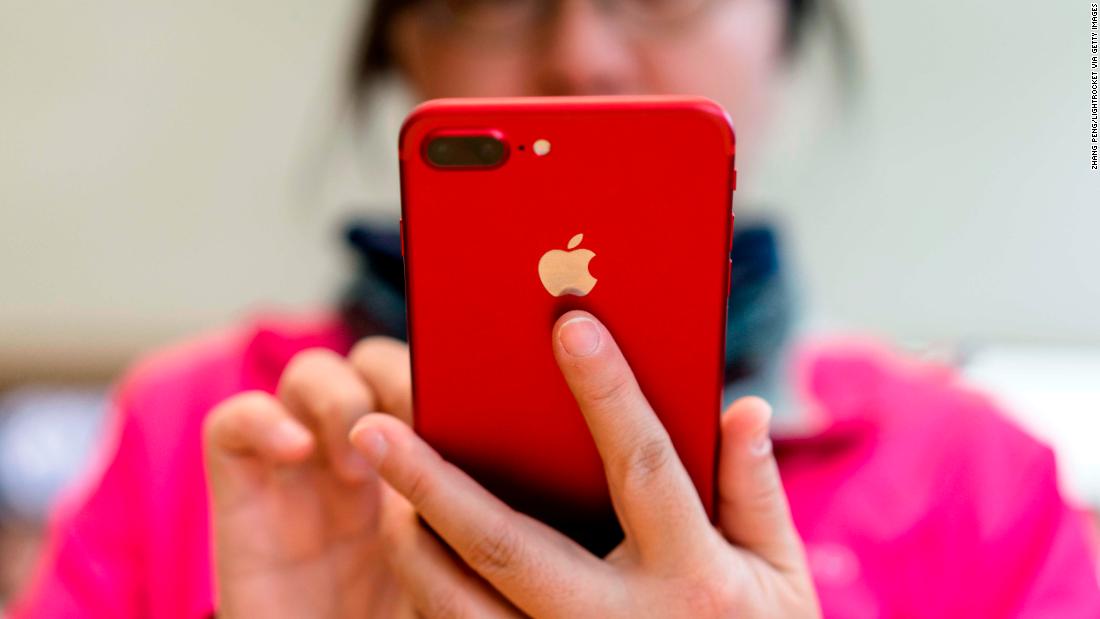[ad_1]
“This year has the potential to be a tough year for western brands,” said Benjamin Cavender, a Shanghai-based analyst at consultant China Market Research Group.
“Brands like Apple will struggle in part because consumers are having to think harder to justify premium products and brands,” said Cavender. He points out that China now boasts a number of homegrown smartphone makers, like Huawei and Xiaomi. Many of these offer products that are competitive with the iPhone’s capabilities but are substantially cheaper.
China is hugely important to Apple, making up about 15% of the company’s global revenues. “When you talk about China and Apple, they’re tied at the hip,” said Dan Ives, New York-based managing director of equity research at broker Wedbush Securities. China is “the heart and lungs of the Apple growth story.”
But he thinks the company has made missteps in this market, such as selling some recent models of the iPhone at a price deemed too expensive by Chinese consumers.
Starbucks feeling the squeeze
The coffee company is considered a luxury brand in the country, said Nick Setyan, another analyst at Wedbush who covers the restaurant business. That makes Starbucks vulnerable if consumers decide to cut back on spending because of the economic downturn.
“We are going to see Starbucks continuing to struggle,” added China Market Research’s Cavender.
Auto market likely to get worse
China has been a source of blockbuster sales for major carmakers for years, as rapid economic growth gave millions of consumers the cash to spend on middle-class status symbols.
For the likes of General Motors and Volkswagen, China brings in more revenue than the United States or Europe. “The China market is extremely important to all carmakers,” said Tu Le, Beijing-based founder of research firm Sino Auto Insights.
“Regaining the momentum towards growth is going to be very challenging in the next year or two if the overall economy stays weak,” said Le.
Apple suppliers
Shares in companies that provide components for Apple products were among the hardest hit by the fallout from the iPhone maker’s warning.
Danielle Wiener-Bronner contributed to this report.
[ad_2]
Source link



